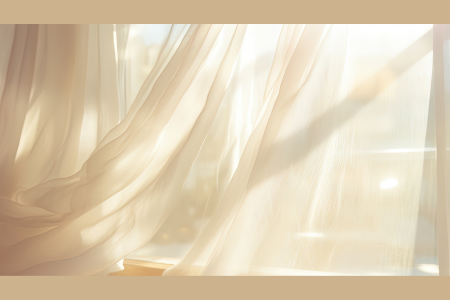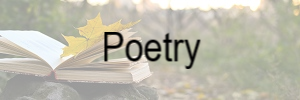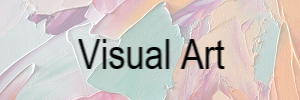
A Breath Worth Living For
By Anonymous
Appreciate every breath you take. Every three breaths you take, I take one. One that may be my last. Change is not something that everyone is ready for. But ready or not, change is coming. A major change that I consider pivotal to my life experience is my diagnosis of acute respiratory distress syndrome (ARDS). At its core, this life-threatening ailment is caused by fluid in the lungs, significant injury, critical illness, or in my case, underdeveloped lungs. Most may consider a diagnosis like this to ruin my life or put me in a state of constant worry that I may die any moment now. But it doesn’t because I’ve taken my condition and made it into something I gather my strength from. Though my diagnosis was only made 10 years ago, I’ve made the most out of life since then. Not because I’m afraid of dying, but because I’m afraid of not living.
ARDS put me in a position to witness the pain and frustration that people with unseen illnesses such as my own, or physical disabilities, endure every day. When I was at the doctor’s office to receive answers to the years of confusion and constant despair of not knowing what was wrong with me, I was told that I was eligible for disability aid. I could have been granted assistance with traveling to doctor’s appointments, getting my medication, and a plethora more. I denied this aid because I realized some people need this accessibility more than I do. Older people have no one to help them and are counting the days they have left. To me, my diagnosis was not a disability, but rather an ailment. Something you can manage with the right mindset and drive. I developed a fierce passion for the advocacy of the voiceless elders and their families who would not receive such care with open arms and at no cost. “If we are human, why are we punished for having human problems?” I questioned. So, I protested. I signed and made petitions. I did all I could to ensure that other people had a chance. Seeing older people reject healthcare because they cannot afford it is heartbreaking, so I used my platform as someone with an unseen illness to not only prove that I could live life without the aid, but that there are people who need it much more than I do.
There’s a saying that you must appreciate what you have before it's gone. However, how do we know what to appreciate until it is gone? Humans take things for granted every day. You may take for granted the clothes you wear, the place you live, the food you eat, and the family and friends you have. Me? I took my family for granted. I thought they would always be there to save me because it was their job, and that they’d live a long time. That was until I lost my great aunt and uncle to the same thing I lost my grandmother to, lung cancer. I took their lives for granted and it wasn’t until I lost them that I realized that I was taking my own life for granted. Sure, I don’t suffer from lung cancer, but after being diagnosed with a disease in the same organ that I lost my loved ones to, I knew it was time to change. In taking my life for granted, instead of making the most of it, I lost two of my closest family members. It wasn’t until then I realized sitting around and waiting for death would make things worse. So, I promised myself, and my family, that I wouldn’t let my illness set the course for my life like it did my great aunt and uncle. I would carve my path instead.
When we are young, the world tells us to slow down before life passes us by. Before you’re old and realize you have no memories, experiences, or happiness. Every day, many people receive two bittersweet gifts: a diagnosis, and a life expectancy. When I was diagnosed at nine, I had a life expectancy of seventeen. “You’re too far in the deep end,” the doctors told me. Doubted me from the beginning, doubted my faith, my desire to live, and my will to fight. They doubted it all in the name of statistics. So, I proved them wrong. I got tired of sinking into the deep end, so I learned how to float. I grew tired of floating, so I learned to swim. Two years after my maximum life expectancy, and here I am. I’ve played numerous sports, traveled, and sought higher education and a career. I found love and became a big sister, a role model, a student, and a friend. I made my unseen illness a source of power, instead of a source of negativity. I tell everyone to cherish their breaths not because I have less than a third of my own compared to the average person. I tell them to cherish it because life expectancy is never guaranteed. There’s always a chance. Even if it's small, it’s still there. Take your chance, before the world takes you.
I understand that life is not always sweet and perfect. It never will be. Learning to accept the circumstances and events I’ve endured through my illness has made me a happier person because it taught me so much. I learned that people go without every day, whether we see it or not. I learned that my family has a history of lung-related illnesses and used that alongside my illness to motivate me to be better. I took the short life expectancy I was given and made the most out of every day, whether seventeen would be the lifespan on my tombstone or not. Being diagnosed does not make me feel any less human than someone in pristine health. If anything, I feel more alive than most, because nothing can stop me. Nothing but death. As sad as it sounds, it's more motivation to take every chance and have no regrets. And whether you’re breathing properly or not, if you believe in that chance, your next breath will continue to arrive.




